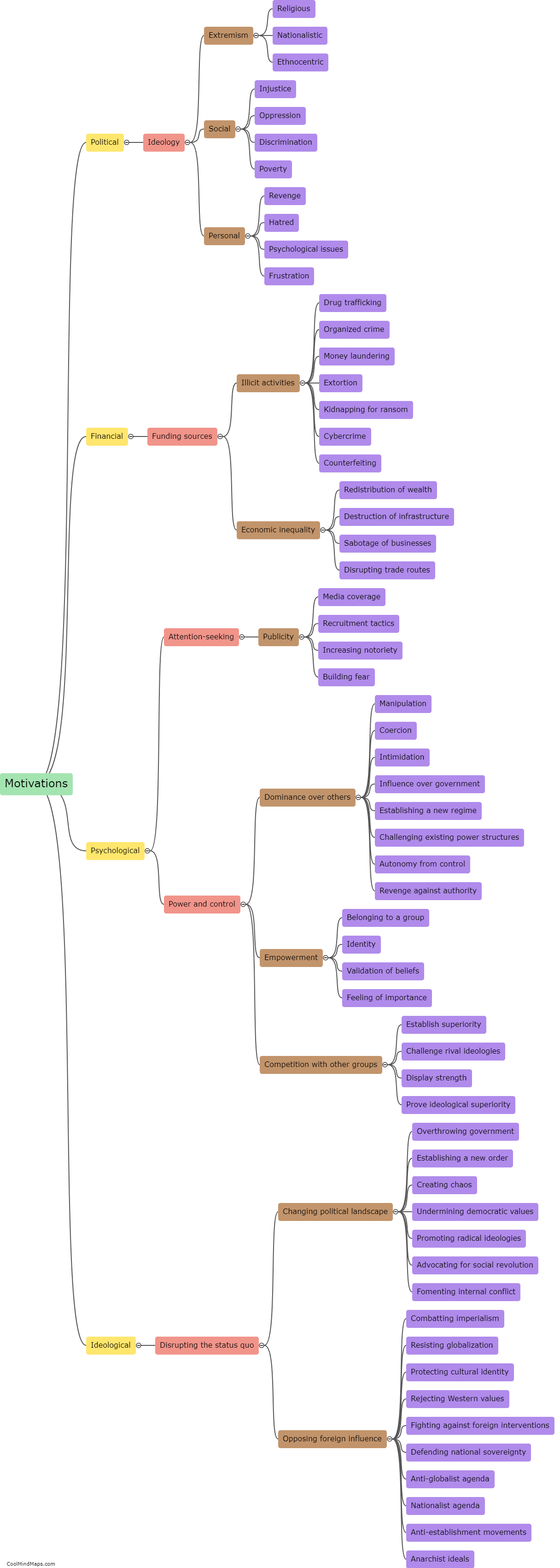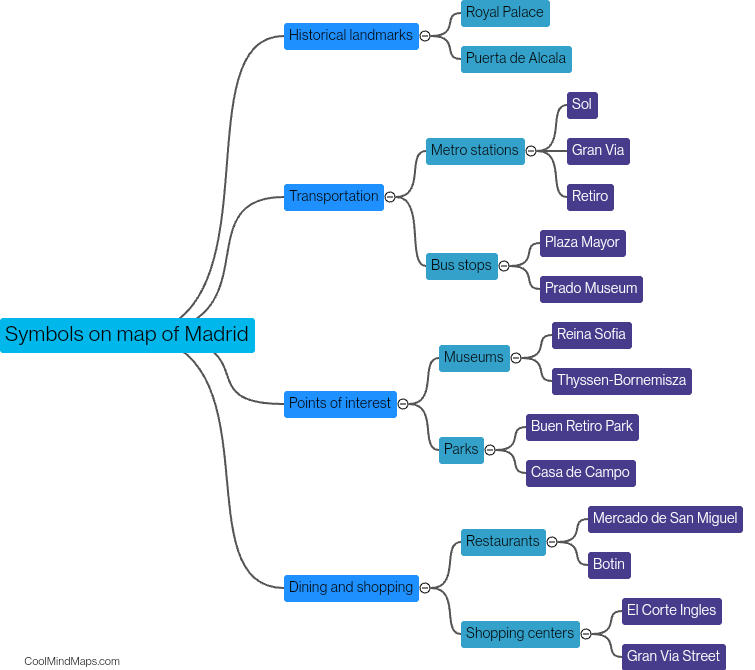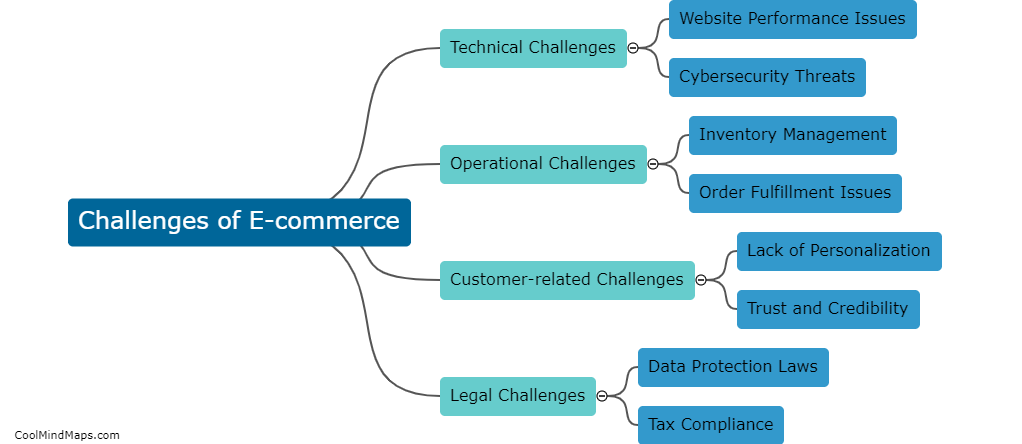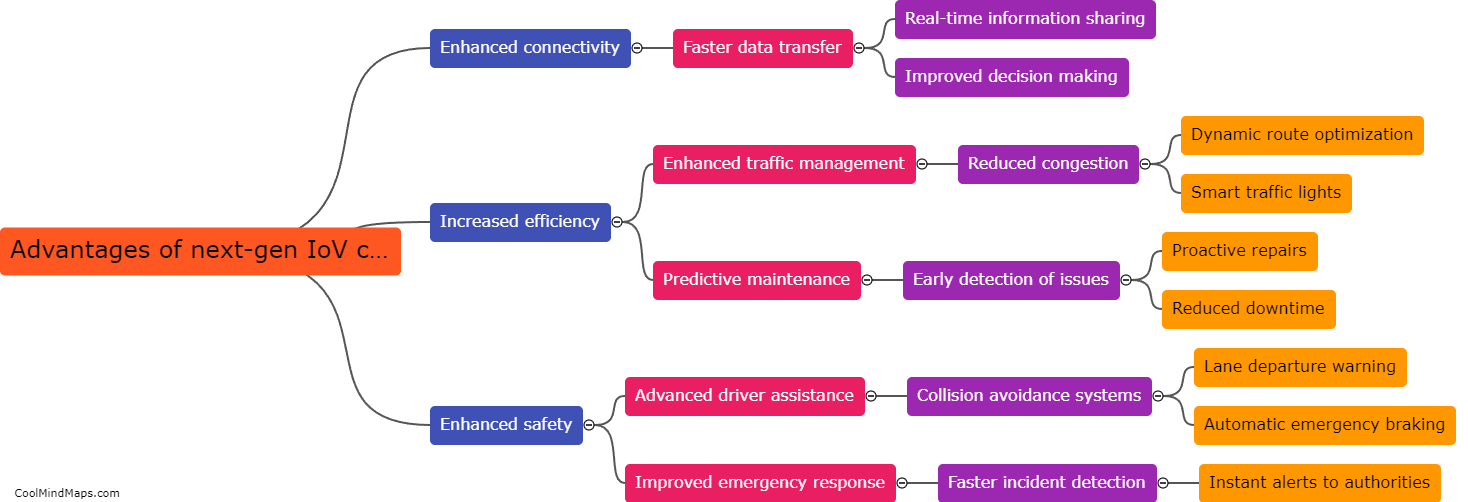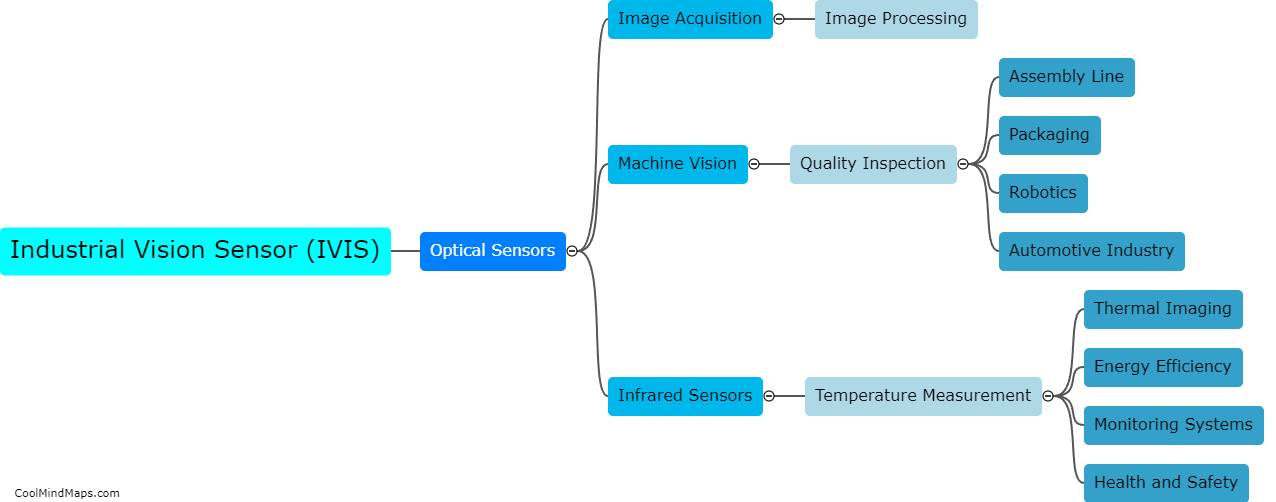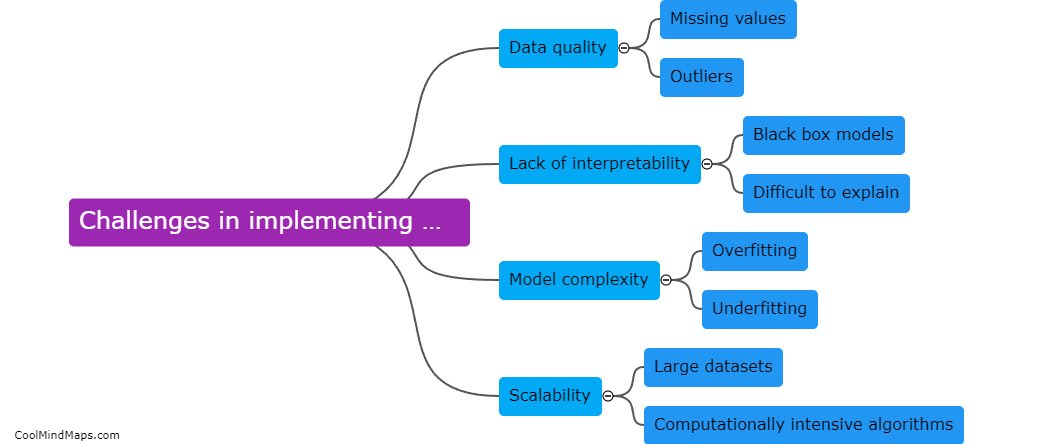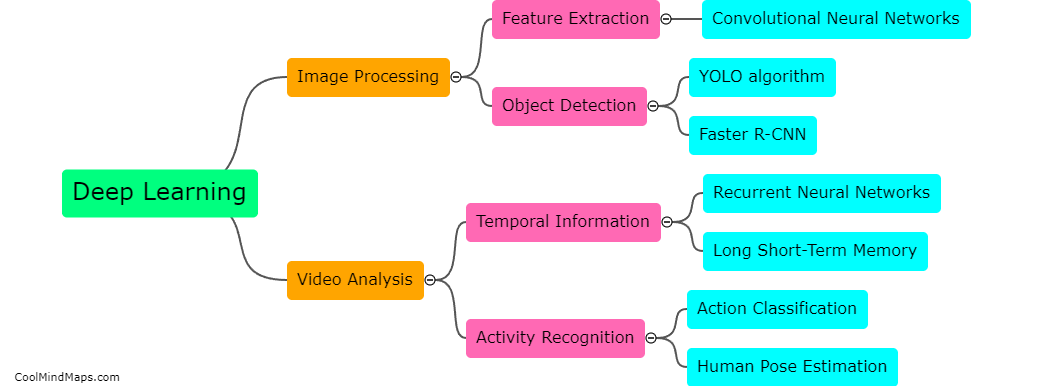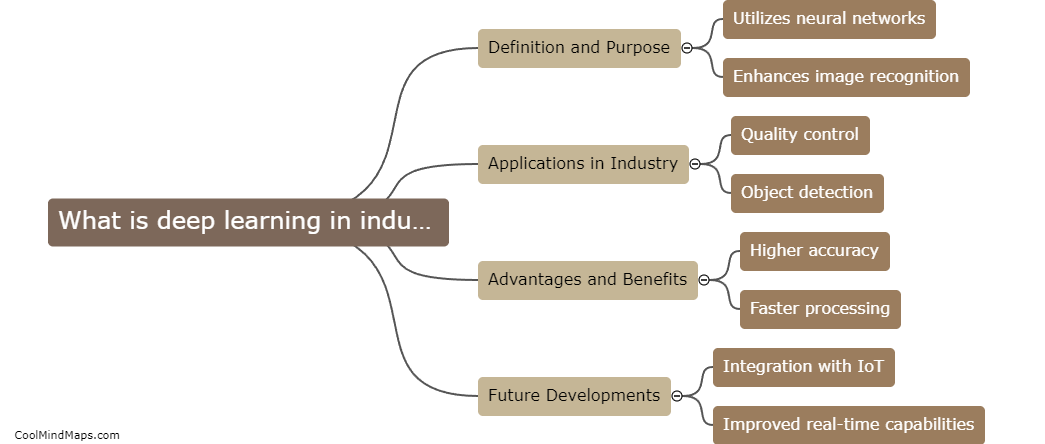How can deep learning improve IVIS efficiency?
Deep learning can improve Intravenous Infusion System (IVIS) efficiency by accurately predicting patient outcomes and adjusting medication dosages in real time. By analyzing large amounts of data, deep learning algorithms can identify patterns and trends that may not be immediately apparent to healthcare providers. This can help prevent medication errors, reduce the risk of complications, and optimize treatment regimens for individual patients. Additionally, deep learning can automate routine tasks, freeing up healthcare professionals to focus on more complex cases and improving overall workflow efficiency. Ultimately, integrating deep learning into IVIS can lead to more personalized and effective patient care.

This mind map was published on 13 May 2024 and has been viewed 76 times.

